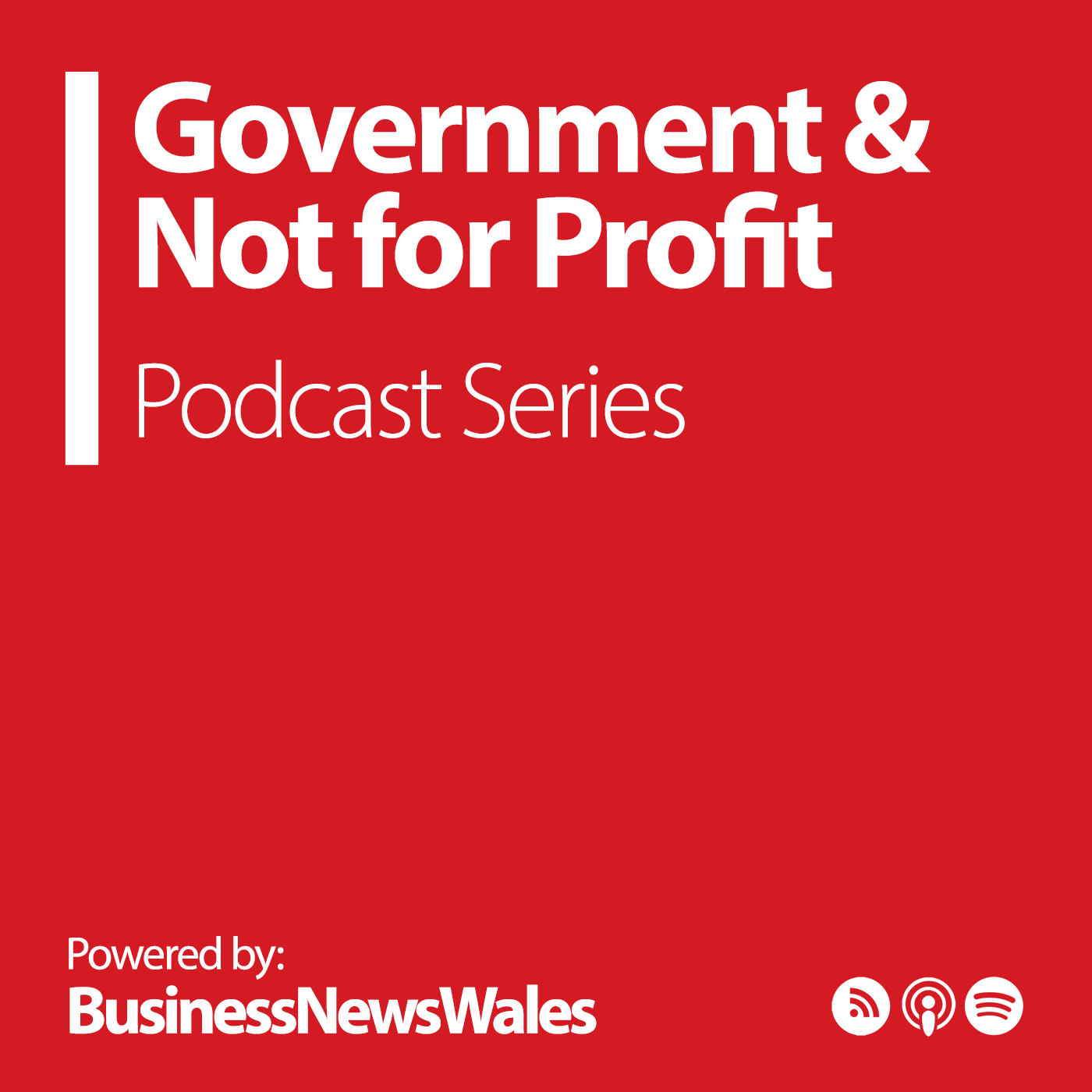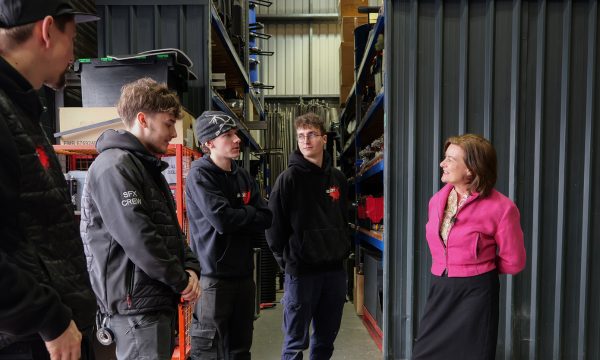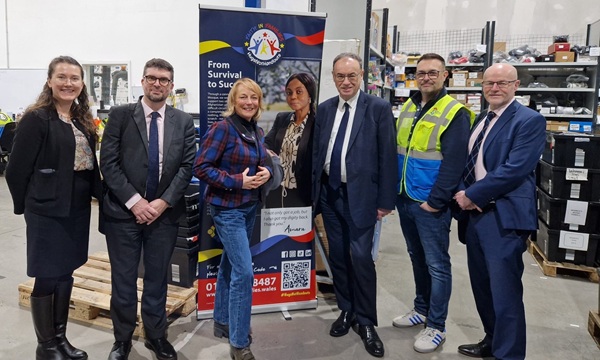
GUEST COLUMN:
Owen Derbyshire
CEO
Keep Wales Tidy
Wales’ third sector is facing one of the most challenging periods in its history. Recent figures from WCVA reveal that 38% of voluntary organisations fear they may have to make significant decisions, including potential closure, within six to 12 months. For a sector that provides so much vital support to communities across Wales, this is a deeply concerning reality.
Rising costs—such as Employer National Insurance Contributions and the National Living Wage—have left 84% of organisations worried about their financial sustainability. Many have already cut back on staff, scaled down projects, or delayed essential initiatives. For some, these decisions are about survival rather than strategy.
This situation is clearly unsustainable, and a recent open letter from the WCVA highlights an urgent need for action—not just from government and funders, but also from businesses, who hold the potential to sustain the sector in ways that go far beyond charity.
The Role of Government
Government funding has always been a cornerstone of the third sector in Wales, providing the stability and resources needed to deliver vital services. However, year-on-year budgets from the UK government constrain the Welsh Government’s ability to offer long-term funding solutions, leaving vital organisations grappling with long-term uncertainty.
Multi-year funding agreements, which account for inflation and growing demand, aren’t luxuries—they are necessities if the sector is to sustain itself and continue delivering for Welsh communities. Without them, organisations are left to navigate a landscape of short-term grants that prioritise immediate outputs over long-term value, limiting the impact of our work.
It is, however, worth recognising that we are living through a period of extraordinary financial strain for governments worldwide, and Wales is no exception. Rising costs, inflation, and other pressures have placed immense demands on public budgets. And so, while government remains a vital partner for the third sector, it is clear that relying solely on public funding is neither realistic nor sustainable in the long term.
That is why we need to think differently about how we support social impact in Wales and recognise the invaluable role businesses have to play—not to replace government support, but to complement it by creating a broader coalition of partners who can sustain and strengthen the sector and its valued work.
Unlocking the Power of Partnerships
Partnering with charities and third sector organisations isn’t just about doing good; it also makes sound business sense. Wales’ third sector is full of professional, reliable delivery partners, all of whom bring deep local expertise, trusted relationships, and an unparalleled ability to deliver impactful results on the ground.
Partnering with charities can benefit businesses in many ways, building trust and loyalty with consumers, strengthening ties with local communities, and supporting more sustainable supply chains.
Many businesses in Wales already engage with the third sector—something we should absolutely welcome—but too often these efforts feel symbolic rather than part of a genuine, meaningful partnership. Supporting charities shouldn’t be limited to handing out oversized cheques or hosting one-off events. Instead, it’s about fully integrating charities into your operations and creating lasting social impact.
Procurement as a Key Lever
One of the most practical and impactful ways for businesses to support the third sector is through procurement. Every business spends money—on goods, services, logistics, and more—but procurement decisions often prioritise cost over wider benefits, missing valuable opportunities to create social value.
By rethinking procurement policies to give greater weight to social value criteria, businesses can use their purchasing power to directly support charities, social enterprises, and other local suppliers. This might mean contracting with charities directly, awarding contracts to organisations that deliver meaningful community benefits, or those reinvesting a proportion of profits into local projects.
National Highways offers an excellent example of embedding social value into large-scale procurement projects. By integrating social value criteria into their contracts—accounting for up to 20% of procurement scoring—the organisation delivered measurable outcomes such as tree planting to enhance biodiversity, creating job opportunities for veterans, and sourcing road signage from suppliers employing disabled workers. It’s an approach that works for businesses and the communities it serves, driving meaningful impacts across environmental, social, and economic priorities, alongside routine delivery.
Embedding social value into procurement isn’t just a matter of ethics either—it’s also sound economics. Studies show that spending locally can generate up to £2.64 of economic value for every £1 invested in Wales. This multiplier effect creates jobs and builds resilience within communities, contributing to a stronger, more connected society and a more sustainable economy which benefits us all.
A Vision for the Future
Across the world, businesses are redefining success—not just by the profits they generate, but by the value they create for people and the planet.
Welsh businesses can lead the way by embedding social value into their operations, fostering partnerships with local charities, and ensuring that every pound spent delivers benefits beyond the bottom line.
As CEO of Keep Wales Tidy, I see every day how the third sector changes lives. It is powered not by financial incentives but by a deep sense of purpose and commitment to doing what is right. From early mornings to late nights, people work tirelessly—not for the paycheque, but because they care about the communities they serve.
But even the most dedicated teams cannot overcome the structural challenges the sector now faces on their own. This is a critical moment for us all to step up and take action to secure its future.
The wellbeing of Wales depends on all of us recognising the extraordinary value of the third sector and committing to its success. Welsh businesses have a critical role to play—not as spectators, but as active participants in driving social good hand-in-hand with trusted third sector partners, for the benefit of our communities and our future generations.












